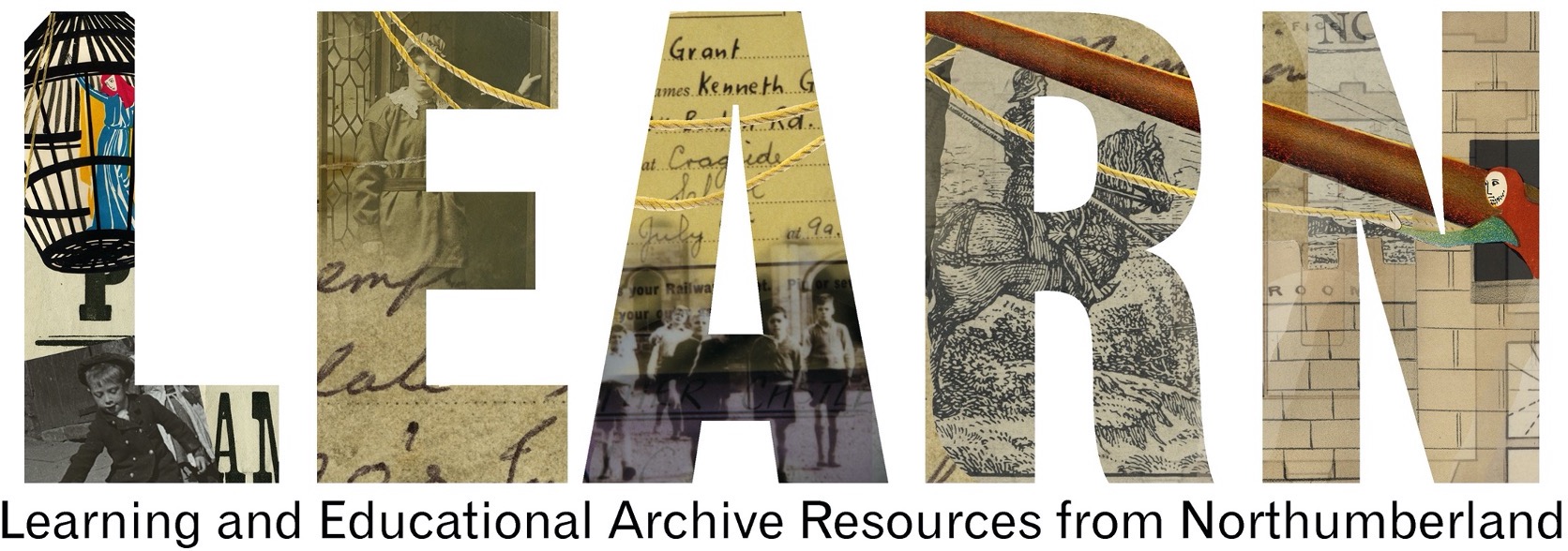Josephine Butler Biography
CONTEXT
Josephine Elizabeth Grey was born in 1828 at Milfield Hill, Glendale. She was the fourth daughter of Hannah Grey and John Grey, Northumbrian agriculturalist and land agent, who also served as the Receiver for the Northumbrian and Cumbrian estates of Greenwich Hospital. John is said to have been deeply involved in local politics before his employment with Greenwich Hospital, who forbade him to be associated with party politics.
Josephine was lucky enough to be part of a forward-thinking family – John and Hannah believed in a sound education for young women and Josephine herself was influenced by her aunt, Margaretta, becoming a fervent supporter for the education of women, including the opportunity for a university education. The Grey household was of strong Christian faith, Josephine’s mother having been educated at a Moravian school in Yorkshire. The Moravian Church is a Protestant form of Christianity, with its origins in 15th century Bohemia, which was the predecessor of the Czech Republic.
Josephine met her future husband, George Butler – an Anglican clergyman – when he was tutoring one of her brothers at Durham University.
The couple lived first in Oxford but were forced to move when Josephine became ill with respiratory problems. By this time the couple had three sons – George Grey, Arthur Stanley, and Charles [Charlie] Augustus Vaughan. In 1857, they moved to Cheltenham, and it was here that Josephine’s beloved daughter, Evangeline Mary [Eva], was born in 1859.
Eva died in a tragic accident in 1869 when she was only five years old, falling over the banisters of the upstairs balcony of the family home and landing on the tiled floor of the hall. The accident was witnessed by her brother Charlie, and it was her father, George, who picked up her body, removing her to a different room, where she died a few hours later, surrounded by her family.
The death of Eva Butler led to the family moving once again, this time to Liverpool, and for Josephine to become involved in ‘rescue work’ with prostitutes and other ‘fallen women’, initially to help her overcome her grief.
Josephine is best known for her successful campaign to repeal the Contagious Diseases Acts, which succeeded in 1886. These laws required women suspected of being prostitutes to undergo invasive physical examinations, and a potential sentence in a ‘lock hospital’ if found to be carrying a sexually transmitted disease.
After the repeal of the Contagious Diseases Act, she continued to oppose the official regulation of prostitution in Europe and America. She also had strong views on topics such as slavery, Irish Home Rule, and the Boer War, in all of which she was supported by her husband.
George Butler was Principal of Liverpool College for a time, but received much derision due to his wife’s “unseemly” behaviour, and his academic career floundered because of this. He became Canon of Winchester in 1882 and remained in this position until his death from flu in 1890.
At this point, Josephine briefly stopped public duties, but soon began writing again, producing a biography of her husband, as well as a biography of St. Catherine of Siena, and her own memoirs.
In 1903, Josephine moved to Wooler to be closer to her eldest son, George, as she was suffering from depression, insomnia and increasing ill-health. She died in 1906 and was buried in Kirknewton Church.
OTHER ONLINE RESOURCES
London School of Economics page on Josephine Butler and her work – https://www.lse.ac.uk/library/collection-highlights/prostitution-and-trafficking
Google Arts & Culture page on Josephine Butler – https://artsandculture.google.com/story/zQXBb13WOTDcIQ
Bridgewater State University thesis on Prostitution and the Contagious Diseases Acts in NineteenthCentury England – Victoria Knox (2022) – https://vc.bridgew.edu/cgi/viewcontent.cgi?article=1584&context=honors_proj
National Library of Medicine website article An Exposure of the Contagious Diseases Acts, and of Government Lock Hospitals – https://www.ncbi.nlm.nih.gov/pmc/articles/PMC5903772/
National Archives blog on the Contagious Disease Acts – https://blog.nationalarchives.gov.uk/mistaken-identity-elizabeth-burley-and-the-contagious-diseases-acts/
Museum of Healthcare blog on the Contagious Diseases Acts – https://museumofhealthcare.blog/prostitution-regulation-and-public-health-the-contagious-diseases-act-of-britain/


